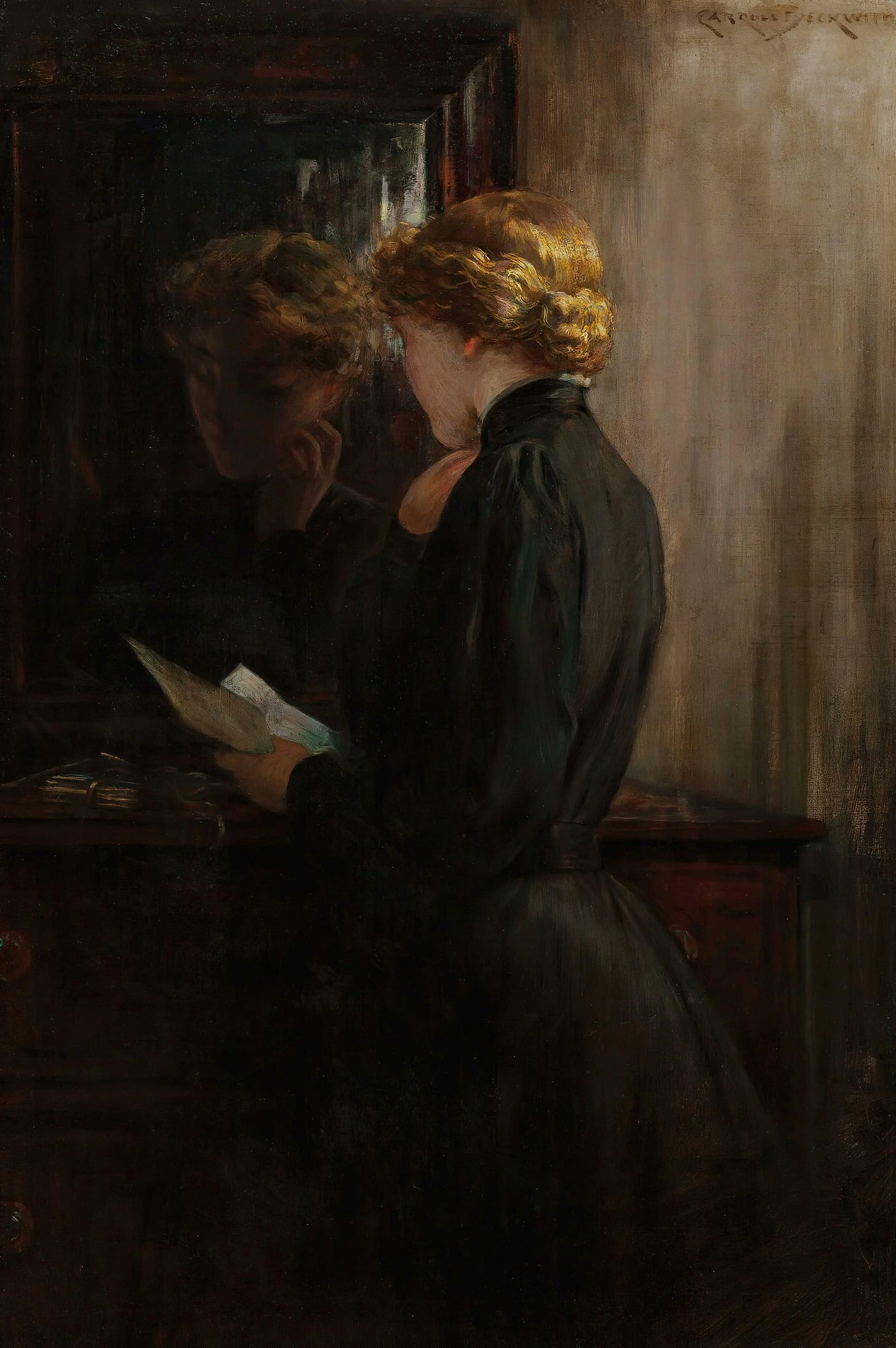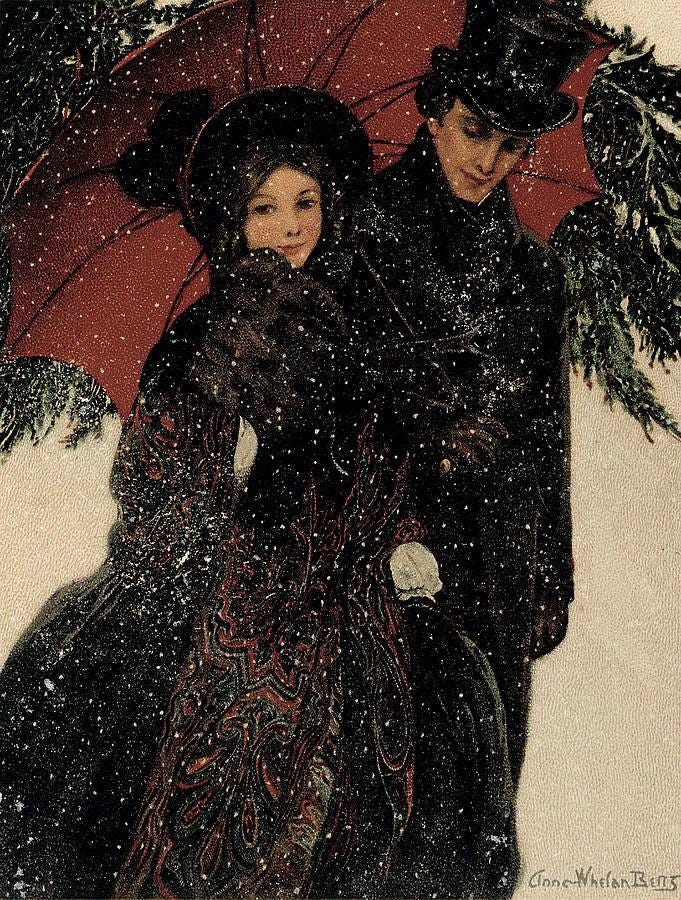Vicki Feaver is an award-winning English poet whose work I have only recently discovered. For me, there are few feelings as refreshing and exciting as discovering a new author, especially when their work is as visceral and impactful as Feaver’s. I will place here two short poems by her, as a sort of introduction to her style and feeling. Both explore desire and longing, but in starkly contrasting ways. The first poem, Coat, is only a few lines, and it delivers quite the gut-punch. The next poem, Judith, a re-telling of the Biblical story of Judith of Bethulia, is a whirlwind of sense, with the emotions of desire and violence, duty and lust, all coming together in a feverish (pun intended, sorry) and downright ghastly crescendo in the final lines. I hope you enjoy!
Coat
Sometimes I have wanted to throw you off like a heavy coat. Sometimes I have said you would not let me breathe or move. But now that I am free to choose light clothes or none at all I feel the cold and all the time I think how warm it used to be.
Yes, quite a gut punch. Feaver utilises a singular extended metaphor—heavy clothing, light clothing, no clothing—to signify the speaker’s experience of relationships, both past and present. The ‘heavy coat’ is a past relationship that the speaker is now thinking back upon somewhat fondly, though at the time she experienced it as quite limiting, a constraint on her individuality and freedom. Later in the poem, now that the speaker is free ‘to choose light clothes / or none at all’ — i.e., perhaps to opt for relationships of a more casual and fleeting nature, or to have no relationship at all—she finds that in her newfound freedom she feels the cold in new and revealing ways, and finds herself missing the warmth that the heavier coat provided. Cultural commentator, Sam Parker, in his analysis of Feaver’s poem in the HuffPost (2011), has asked what I think is the key question: is this regretful sense of longing an expression of loneliness or love?
The final poem by Feaver we will look at is Judith, a re-working of the Biblical tale of Judith of Bethulia. It describes the beheading of the Assyrian general, Holofernes, by a beautiful and courageous Jewish widow. For those of us more familiar with the sixty-six book canon of the Protestant Bible, the Book of Judith is part of the so-called deuterocanonical works that were taken out of the Biblical canon in the sixteenth century by the protestant reformer, Martin Luther. However, the book is still present in the Roman Catholic and Eastern Orthodox Bibles to this day. In the original tale, Judith manages to infiltrate the enemy camp that is besieging her city, and seduce the Assyrian general in charge. While he lays in bed, drunk with wine, Judith decapitates him and delivers his head back to the Israelite city, winning victory over the Assyrians. Feaver’s poem hones in on the most crucial moment in the story, as Judith stands over the drunken body of Holofernes. Before dealing the death blow, however, she hesitates. The general lying there in sweat, with wine-flushed face, reminds her of her husband who had died from a fever during the barley harvest. She imagines what it would be like to lay down with the enemy general, ‘to lie sheltered and safe in a warrior’s fumy sweat […] to melt like a sweet on his tongue to nothing.’ The coming together of these conflicting emotions—desire and duty, lust and murder—amount to a truly shattering and violent crescendo in the final lines, as the widow ‘bring[s] my blade down on his neck’:
Judith
Wondering how a good woman can murder I enter the tent of Holofernes, holding in one hand his long oiled hair and in the other, raised above his sleeping, wine-flushed face his falchion with its unsheathed curved blade. And I feel a rush of tenderness, a longing to put down my weapon, to lie sheltered and safe in a warrior’s fumy sweat, under the emerald stars of his purple and gold canopy, to melt like a sweet on his tongue to nothing. and I remember the glare of the barley field; my husband pushing away the sponge I pressed to his burning head; the stubble puncturing my feet as I ran, flinging myself on a body that was already cooling and stiffening; and the nights when I lay on the roof – my emptiness like the emptiness of a temple with the doors kicked in; and the mornings when I rolled in the ash of the fire just to be touched and dirtied by something. And I bring my blade down on his neck – and it’s easy like slicing through fish. And I bring it down again, cleaving the bone.








Whoa. I am sitting here with my eyes wide and big, looking at my sleeping wife...and worried, could she really think like that! :)
Loved it so much 🥺🧡